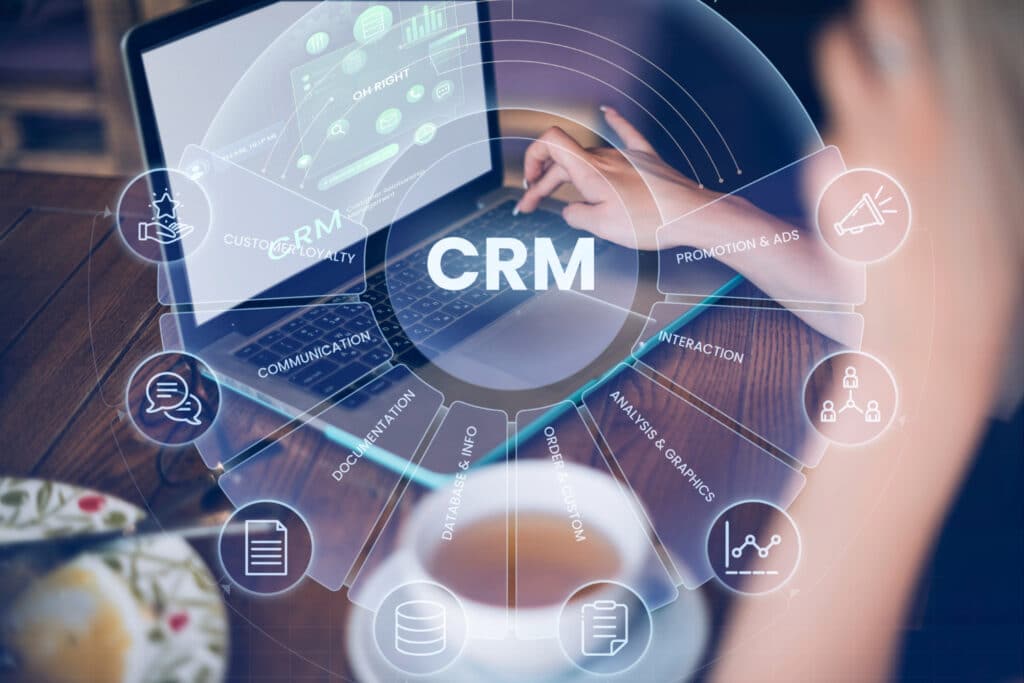Did you know that 80% of high-performing marketing teams use machine learning in marketing to stay ahead of the competition? This isn’t science fiction—it’s the reality powering today’s most effective digital campaigns.
If your goal is to boost ROI, elevate customer satisfaction, and scale your campaigns efficiently, mastering machine learning in marketing is the key to success.

Machine Learning in Marketing: The Game-Changer Backed by Hard Data
- A recent report shows that 80% of top-performing teams adopt machine learning in marketing to beat competitors. Learn how you can use it to improve acquisition, retention, and revenue.
Setting the Stage: What You’ll Learn About Machine Learning in Marketing
- How machine learning enhances marketing campaign performance
- Key applications and models used in digital marketing
- The role of predictive analytics in improving ROI
- Case studies, including Coca-Cola’s AI-led strategies
- Steps to apply machine learning in your next campaign

Understanding the Basics: What is Machine Learning in Marketing?
Defining Machine Learning and Its Role in Digital Marketing
- What is artificial intelligence and machine learning?
- How machine learning differs from traditional strategies
Machine learning in marketing is a type of artificial intelligence that helps brands analyse customer data more effectively. It adapts and improves over time, unlike traditional methods limited by static rules.
This enables teams to personalise content, optimise campaigns, and target customers in real time—boosting performance at every step.
Machine learning also detects customer behaviour patterns that human teams might overlook. As a result, marketers can improve segmentation, enhance engagement, and drive higher ROI. Those using advanced learning models gain the edge by predicting trends and acting swiftly.

The Foundations of Learning in Marketing
- Different machine learning model types
- How these models differ from basic algorithms
Four key models support machine learning in marketing: supervised, unsupervised, semi-supervised, and reinforcement learning. Supervised learning predicts outcomes using labelled data. Unsupervised learning identifies clusters in large datasets.
Meanwhile, semi-supervised learning blends both methods, and reinforcement learning updates strategies based on feedback.
Learning models adapt over time instead of following fixed rules. This allows for precise segmentation, personalised outreach, and improved ROI. Their flexibility puts data-driven teams in the lead.
How Machine Learning in Marketing Transforms Modern Digital Strategies
Revolutionising Customer Segmentation with Machine Learning
- How data and predictive analytics boost targeting
- Creating personalised campaigns with learning models
Machine learning has revolutionised customer segmentation. Rather than relying on general demographics, marketers can use data analysis and predictive analytics to create precise micro-segments.
Machine learning models allow campaigns to reach individuals based on actual behaviours and preferences. This accuracy improves engagement and conversion rates while increasing customer satisfaction.

Boosting Campaign Effectiveness: Predictive Analytics and Marketing Campaigns
- Using predictive analytics to enhance strategy
- Brand success examples
Predictive analytics helps marketers forecast customer actions and automate decisions. For example, it can identify the best time to send a message, who’s most likely to convert, and how to increase ad efficiency.
Brands like Amazon and Netflix rely on such strategies to anticipate needs and drive engagement. Even smaller businesses are seeing better ROI by implementing smart, adaptable marketing campaigns.
Enhancing Customer Experience and Satisfaction with Machine Learning
- Personalisation through AI and machine learning
- Delivering hyper-targeted content
Leading brands use machine learning algorithms to personalise every stage of the customer journey. Whether it’s product suggestions or website content that adjusts in real time, learning models make it seamless.
Results show clear gains, including a 30% boost in customer satisfaction. For example, predictive chatbots resolve questions instantly, while dynamic pricing adjusts offers as shopping habits change.

“Businesses leveraging machine learning in marketing can expect up to a 30% improvement in customer satisfaction scores.” — Gartner
Common Applications of Machine Learning in Digital Marketing
Data Analysis and Machine Learning for Market Insights
- How machine learning enhances data analysis
- Use cases in marketing
Data analysis fuels successful digital marketing. With machine learning, this process becomes more intelligent and scalable. Algorithms uncover patterns in vast amounts of data, identifying customer trends and improving content strategies.
In practice, this helps online retailers find popular products earlier and allows service brands to predict future customer needs. Every decision becomes data-backed, adding precision to each pound spent.




